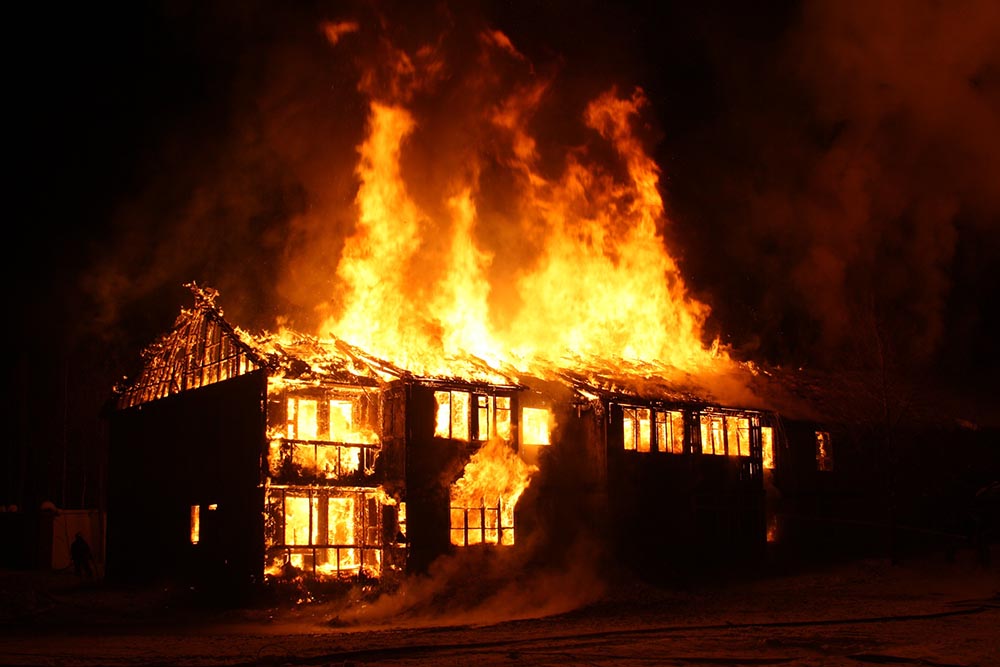In a recent case, the Connecticut Supreme Court decided a case could proceed toward trial against a city fire department after a fire in a public housing complex in 2009. The fire caused the deaths of a mother and her three children, and the family’s estate filed a lawsuit against the Bridgeport Fire Department and five city officials, alleging that they died because of the defendants’ failure to conduct an inspection of the unit.
The day before the fire, two housing authority employees conducted a routine maintenance inspection of the unit. During the inspection, the inspectors tested the smoke detectors, replaced one smoke detector, and changed one smoke detector’s batteries. At the end of the inspection, the inspector reported that all of the smoke detectors were working.
A fire broke out in the unit early the next morning, and all four individuals died of smoke inhalation. Investigators concluded that the fire was accidental and was caused from a fire on the stove with human involvement.
Fire Department’s Obligation to Conduct Annual Inspections
Under Connecticut Statute 29-305(b), the city’s fire marshal’s office is required to do yearly inspections of multifamily residential units. However, the city did not conduct an inspection of the family’s unit in the year before the fire. The plaintiff alleged that the defendants failed to ensure that the unit complied with state building and fire safety codes, failed to conduct an annual fire safety inspection, and failed to remedy numerous defects in the unit. Specifically, the plaintiff alleged that the unit lacked fire escapes or other means of escape, photoelectric smoke detectors, fire sprinklers, fire extinguishers, fire alarm systems, fire suppression systems, and fire safety or prevention plans. The defendants argued that the absence of the inspection did not rise to the level of recklessness.
The Court’s Decision
Connecticut’s Supreme Court found that a jury could find that the defendants showed “a reckless disregard for health or safety” under the circumstances. The Court explained that the fire chief made several statements in his deposition that could have demonstrated the city was reckless. For example, the chief testified that the number of fire inspectors was insufficient to inspect all of the multifamily homes in the city, that the city did not inspect the public housing facilities unless there was a complaint, that the internal inspections were not being conducted by a certified fire marshal, and that he was previously unaware that the fire department was required to inspect public housing facilities each year.
In sum, the Court found that the fire chief’s deposition and the various affidavits submitted indicated that the city maintained a policy of not conducting a fire inspection in public housing units unless there was a complaint or a request, in violation of the statute. Therefore, the defendants may have acted in reckless disregard of public safety.
Contact a Personal Injury Attorney
If you are currently involved in a serious legal matter that cannot be resolved out of court, you can trust our experienced law firm to stand at your side. At Brickley Law, we understand the laws concerning Connecticut personal injury cases and are prepared to offer our knowledgeable assistance. We represent individuals in New Canaan and surrounding areas in personal injury cases. Call Brickley Law today at (203) 966-6600.
